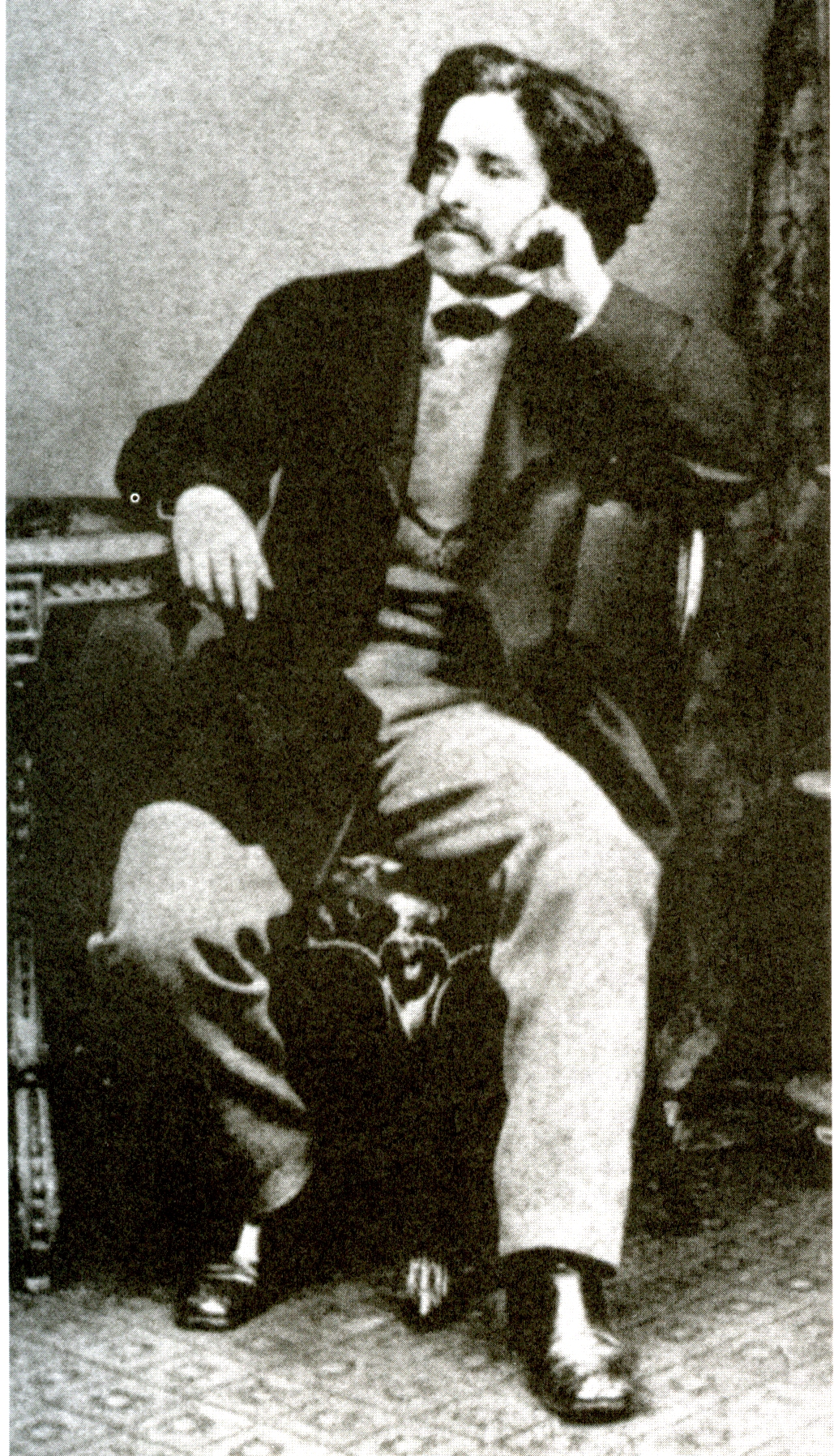|
Post-work
In futurology, political science, and science fiction, a post-work society is a society in which the nature of work has been radically transformed. Some post-work theorists imagine the complete automation of all jobs, or at least the takeover of all monotonous, repetitive tasks (thus unworthy of humans) by cheaper, faster, more efficient, more reliable and more accurate machines. Additionally, these machines, unlike humans, do not complain about working conditions, and can work for long periods of time without stopping. Other theories of a post-work society focus more on challenging the priority of the work ethic, and on the celebration of nonwork activities. Near-term practical proposals closely associated with post-work theory include the implementation of a universal basic income, as well as the reduction of the length of a working day and the number of days of a working week. Increased focus on what post-work society would look like has been driven by reports such ... [...More Info...] [...Related Items...] OR: [Wikipedia] [Google] [Baidu] |
Critique Of Work
Critique of work or critique of labour is the critique of, and wish to abolish, work ''as such'', and to critique what the critics of works deem wage slavery. Critique of work can be existential, and focus on how labour can be and/or feel meaningless, and stands in the way for self-realisation. But the critique of work can also highlight how excessive work may harm the productivity of society, or society itself. The critique of work can also take on a more utilitarian character in which work simply stands in the way for human happiness as well as health. History Many thinkers have critiqued and wished for the abolishment of labour as early as in Ancient Greece.Cross. G. social research,Vol 72:No 2: Summer 2005 An example of an opposing view is the anonymously published treatise titled ''Essay on Trade and Commerce'' published in 1770 which claimed that to break the spirit of idleness and independence of the English people, ideal "work-houses" should imprison the poor. These ... [...More Info...] [...Related Items...] OR: [Wikipedia] [Google] [Baidu] |
Technological Unemployment
Technological unemployment is the loss of jobs caused by technological change. It is a key type of structural unemployment. Technological change typically includes the introduction of labour-saving "mechanical-muscle" machines or more efficient "mechanical-mind" processes (automation), and humans' role in these processes are minimized. Just as horses were gradually made obsolete as transport by the automobile and as labourer by the tractor, humans' jobs have also been affected throughout modern history. Historical examples include artisan weavers reduced to poverty after the introduction of mechanized looms. During World War II, Alan Turing's Bombe machine compressed and decoded thousands of man-years worth of encrypted data in a matter of hours. A contemporary example of technological unemployment is the displacement of retail cashiers by self-service tills and cashierless stores. That technological change can cause short-term job losses is widely accepted. The view tha ... [...More Info...] [...Related Items...] OR: [Wikipedia] [Google] [Baidu] |
Futurology
Futures studies, futures research, futurism or futurology is the systematic, interdisciplinary and holistic study of social and technological advancement, and other environmental trends, often for the purpose of exploring how people will live and work in the future. Predictive techniques, such as forecasting, can be applied, but contemporary futures studies scholars emphasize the importance of systematically exploring alternatives. In general, it can be considered as a branch of the social sciences and an extension to the field of history. Futures studies (colloquially called "futures" by many of the field's practitioners) seeks to understand what is likely to continue and what could plausibly change. Part of the discipline thus seeks a systematic and pattern-based understanding of past and present, and to explore the possibility of future events and trends. Unlike the physical sciences where a narrower, more specified system is studied, futurology concerns a much bigger and ... [...More Info...] [...Related Items...] OR: [Wikipedia] [Google] [Baidu] |
The Future Of Work And Death
''The Future of Work and Death'' is a 2016 documentary by Sean Blacknell and Wayne Walsh about the growth of exponential technology. The film showed at several film festivals including Raindance Film Festival, International Film Festival Rotterdam, Academia Film Olomouc and CPH:DOX. In May 2017 it received an official screening at the European Commission. It was distributed by First Run Features and Journeyman Pictures and was released on iTunes, Amazon Prime and On-demand on 9 May 2017. The film was made available on Sundance Now on 27 November 2017. A companion piece to the film, ''The Cost of Living'', a documentary concerning universal basic income in Britain, was released on Amazon Prime on 8 October 2020. Synopsis World experts in the fields of futurology, anthropology, neuroscience, and philosophy consider the impact of technological advances on the two 'certainties' of human life; work and death. Charting human developments from ''Homo habilis'', past the Industrial ... [...More Info...] [...Related Items...] OR: [Wikipedia] [Google] [Baidu] |
Postcapitalism And A World Without Work
Post-capitalism is a state in which the economic systems of the world can no longer be described as forms of capitalism. Various individuals and political ideologies have speculated on what would define such a world. According to classical Marxist and social evolutionary theories, post-capitalist societies may come about as a result of spontaneous evolution as capitalism becomes obsolete. Others propose models to intentionally replace capitalism. The most notable among them are socialism, anarchism, nationalism and degrowth. History In 1993, Peter Drucker outlined a possible evolution of capitalistic society in his book ''Post-Capitalist Society''. The book stated that knowledge, rather than capital, land, or labor, is the new basis of wealth. The classes of a fully post-capitalist society are expected to be divided into knowledge workers or service workers, in contrast to the capitalists and proletarians of a capitalist society. In the book, Drucker estimated the transformat ... [...More Info...] [...Related Items...] OR: [Wikipedia] [Google] [Baidu] |
Refusal Of Work
Refusal of work is behavior in which a person refuses regular employment."Refusal of work means quite simply: I don't want to go to work because I prefer to sleep. But this laziness is the source of intelligence, of technology, of progress. Autonomy is the self-regulation of the social body in its independence and in its interaction with the disciplinary norm"What is the Meaning of Autonomy Today?" by Bifo As actual behavior, with or without a political or philosophical program, it has been practiced by various subcultures and individuals. It is frequently engaged in by those who critique the concept of work, and it has a long history. Radical political positions have openly advocated refusal of work. From within Marxism it has been advocated by Paul Lafargue and the Italian workerist/ autonomists (e.g. Antonio Negri, Mario Tronti), the French ultra-left (e.g. Échanges et Mouvement); and within anarchism (especially Bob Black and the post-left anarchy tendency). Abolitio ... [...More Info...] [...Related Items...] OR: [Wikipedia] [Google] [Baidu] |
Post-capitalism
Post-capitalism is a state in which the economic systems of the world can no longer be described as forms of capitalism. Various individuals and political ideologies have speculated on what would define such a world. According to classical Marxist and social evolutionary theories, post-capitalist societies may come about as a result of spontaneous evolution as capitalism becomes obsolete. Others propose models to intentionally replace capitalism. The most notable among them are socialism, anarchism, nationalism and degrowth. History In 1993, Peter Drucker outlined a possible evolution of capitalistic society in his book '' Post-Capitalist Society''. The book stated that knowledge, rather than capital, land, or labor, is the new basis of wealth. The classes of a fully post-capitalist society are expected to be divided into knowledge workers or service workers, in contrast to the capitalists and proletarians of a capitalist society. In the book, Drucker estimated the transforma ... [...More Info...] [...Related Items...] OR: [Wikipedia] [Google] [Baidu] |
Post-scarcity Economy
Post-scarcity is a theoretical economic situation in which most goods can be produced in great abundance with minimal human labor needed, so that they become available to all very cheaply or even freely. Post-scarcity does not mean that scarcity has been eliminated for ''all'' goods and services, but that all people can easily have their basic survival needs met along with some significant proportion of their desires for goods and services. Writers on the topic often emphasize that some commodities will remain scarce in a post-scarcity society. Models Speculative technology Futurists who speak of "post-scarcity" suggest economies based on advances in automated manufacturing technologies, often including the idea of self-replicating machines, the adoption of division of labour which in theory could produce nearly all goods in abundance, given adequate raw materials and energy. More speculative forms of nanotechnology such as molecular assemblers or nanofactories, which d ... [...More Info...] [...Related Items...] OR: [Wikipedia] [Google] [Baidu] |
Automation
Automation describes a wide range of technologies that reduce human intervention in processes, namely by predetermining decision criteria, subprocess relationships, and related actions, as well as embodying those predeterminations in machines. Automation has been achieved by various means including mechanical, hydraulic, pneumatic, electrical, electronic devices, and computers, usually in combination. Complicated systems, such as modern factories, airplanes, and ships typically use combinations of all of these techniques. The benefit of automation includes labor savings, reducing waste, savings in electricity costs, savings in material costs, and improvements to quality, accuracy, and precision. Automation includes the use of various equipment and control systems such as machinery, processes in factories, boilers, and heat-treating ovens, switching on telephone networks, steering, and stabilization of ships, aircraft, and other applications and vehicles with reduced hu ... [...More Info...] [...Related Items...] OR: [Wikipedia] [Google] [Baidu] |
Universal Basic Income
Universal basic income (UBI) is a social welfare proposal in which all citizens of a given population regularly receive an unconditional transfer payment, that is, without a means test or need to work. It would be received independently of any other income. If the level is sufficient to meet a person's basic needs (i.e., at or above the poverty line), it is sometimes called a full basic income; if it is less than that amount, it may be called a partial basic income. No country has yet introduced either, although there have been numerous pilot projects and the idea is discussed in many countries. Some have labelled UBI as utopian due to its historical origin. There are several welfare arrangements which can be considered similar to basic income, although they are not unconditional. Many countries have a system of child benefit, which is essentially a basic income for guardians of children. Pension may be a basic income for retired persons. There are also quasi-basic income p ... [...More Info...] [...Related Items...] OR: [Wikipedia] [Google] [Baidu] |
Working Time
Working(laboring) time is the period of time that a person spends at paid labor. Unpaid labor such as personal housework or caring for children or pets is not considered part of the working week. Many countries regulate the work week by law, such as stipulating minimum daily rest periods, annual holidays, and a maximum number of working hours per week. Working time may vary from person to person, often depending on economic conditions, location, culture, lifestyle choice, and the profitability of the individual's livelihood. For example, someone who is supporting children and paying a large mortgage might need to work more hours to meet basic costs of living than someone of the same earning power with lower housing costs. In developed countries like the United Kingdom, some workers are part-time because they are unable to find full-time work, but many choose reduced work hours to care for children or other family; some choose it simply to increase leisure time. Standard ... [...More Info...] [...Related Items...] OR: [Wikipedia] [Google] [Baidu] |
Working Day
The weekdays and weekend are the complementary parts of the week devoted to labour and rest, respectively. The legal weekdays (British English), or workweek (American English), is the part of the seven-day week devoted to working. In most of the world, the workweek is from Monday to Friday and the weekend is Saturday and Sunday. A weekday or workday is any day of the working week. Other institutions often follow this pattern, such as places of education. The constituted weekend has varying definitions, based on determined calendar days, designated period of time, and/or regional definition of the working week (e.g., commencing after 5:00 p.m. on Friday and lasting until 6:00 p.m. on Sunday). Sometimes the term "weekend" is expanded to include the time after work hours on the last workday of the week (e.g., Friday evening is often referred to as the start of the weekend). In some Christian traditions, Sunday is the " day of rest and worship". The Jewish '' Shabbat'' or ... [...More Info...] [...Related Items...] OR: [Wikipedia] [Google] [Baidu] |





